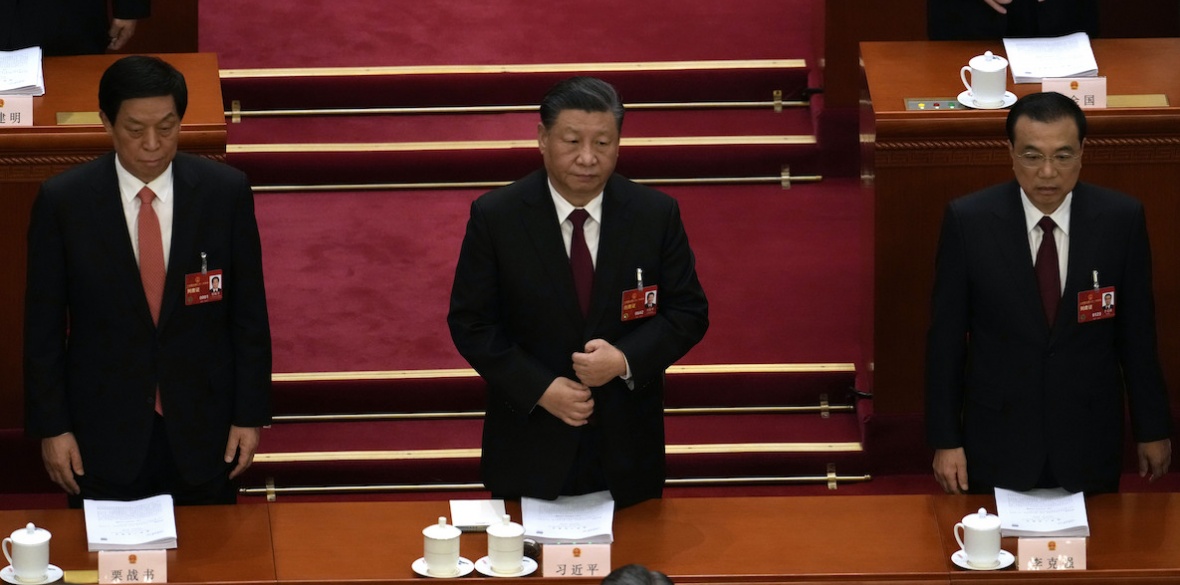This is the last article you can read this month
You can read more article this month
You can read more articles this month
Sorry your limit is up for this month
Reset on:
Please help support the Morning Star by subscribing here
CHINA aims to achieve 5 per cent GDP growth in 2023, outgoing Prime Minister Li Keqiang told the opening session of the National People’s Congress today.
The “two sessions”, as the overlapping summits of the legislating National People’s Congress and advisory Chinese People’s Political Consultative Conference are known, kicked off at the weekend — the latter on Saturday.
The economy grew by just 3 per cent in 2022, with the slowdown blamed on Covid outbreaks and lockdowns as well as disruption to global supply chains.
Mr Li’s initial report said Beijing intended to create 12 million more urban jobs in 2023, continue heavy investment in green transition, raise rural incomes and improve access to housing and medical care.
The two sessions are set to last around a fortnight and will see numerous policy proposals debated — with analysts saying that some, such as a reform of birth registration rules to allow unmarried women to obtain birth insurance, are likely to pass.
Other ideas on the table include alternating one-day and three-day weekends to encourage more domestic tourism and a universally enforced maximum eight-hour day.
The National People’s Congress is also due to elect a new government, with former Shanghai party secretary Li Qiang expected to succeed Li Keqiang as prime minister after he was named the second-highest ranking member of the politburo standing committee at last year’s Communist Party Congress.
At preliminary press conferences, Congress spokesman Wang Chao said China was keen to challenge the extraterritorial jurisdiction of the United States — where it seeks to force third countries to abide by its own policies — and to encourage the European Union to stop viewing China as a “systemic rival” and work together productively with it.











